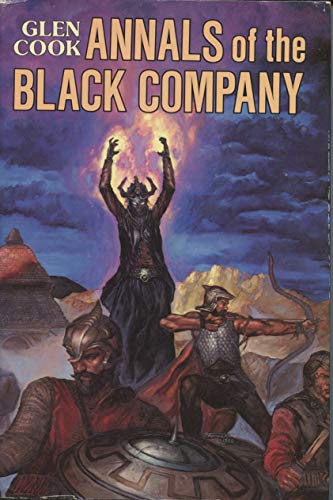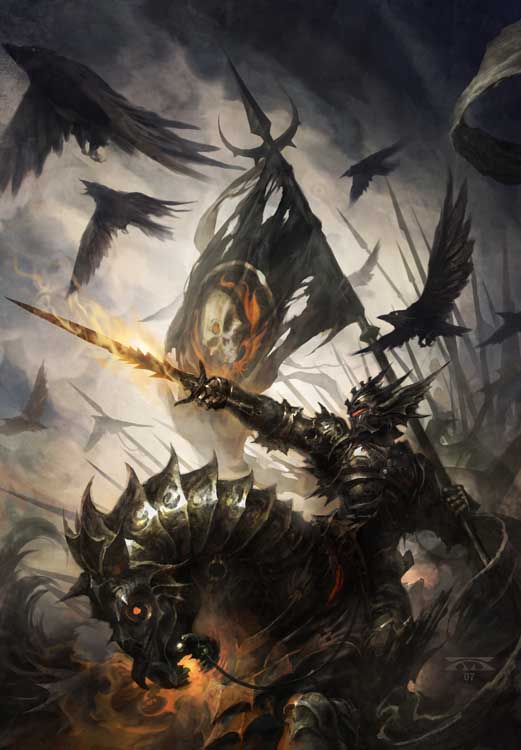
For four centuries the Company has taken one contract after another, slowly working its way north from long-forgotten Khatovar. The narrator, Croaker, serves as company surgeon and Annalist. Led by the eponymous Captain and Lieutenant, the Company can fight with the best of them, but prefers to outwit its enemies and win its battles by means of subterfuge and sabotage. As soon as I finished the book I passed it on to to my friend Jim, he passed it on to George, and on and on it went until all my fantasy-reading friends had read it.įor the uninitiated, the Black Company series tells the story of the Last Free Company of Khatovar. Even seen through the primary narrator’s somewhat romantic eyes, there’s a businesslike miserableness in these books I hadn’t previously encountered in fantasy. Mercenaries pillage, rape, and slaughter, presented in some detail and matter-of-factly. There’s a rejection of the mythic, fairytale setting in the Black Company books, and a wholehearted embrace of a “realistic” world where the battlefield reeks of blood, excrement, and decay. He set aside the archaic prose flourishes of all those authors, instead drawing on hardboiled fiction to give his stories a contemporary feel.

No matter how callous their heroes, they were ultimately still cut from recognizable heroic cloth.Ĭook introduced something new. Both Moorcock and Wagner were rooted in the foundations of swords & sorcery laid by Robert E.


I had read some gritty fantasy previously - Michael Moorcock and Karl Edward Wagner in particular had published some pretty dark stories in the 1960s and 70s - but it was all written in the old familiar fantasy style. When my friend Carl lent me his copy of The Black Company back in 1984 I didn’t know what was about to hit me. As soon as I opened The Black Company last May, I knew I was back home among a band of brothers I’d first met and come to love over thirty years ago.


 0 kommentar(er)
0 kommentar(er)
